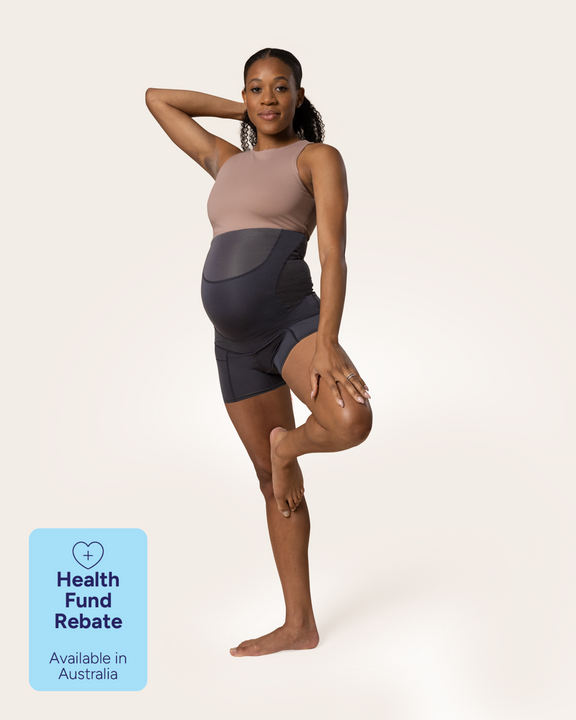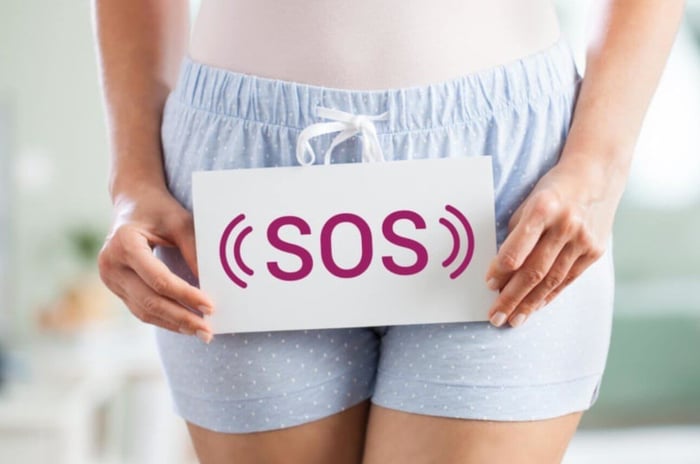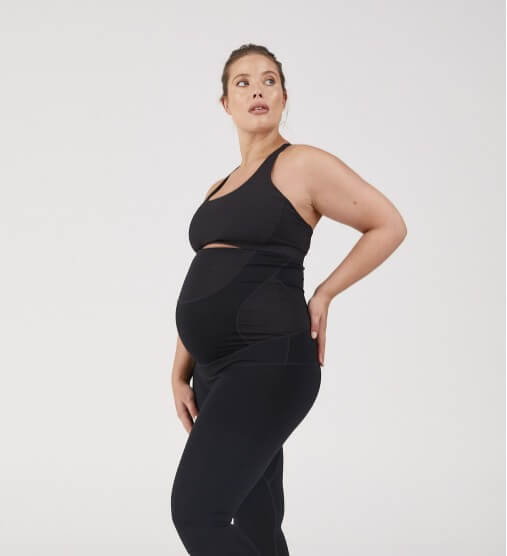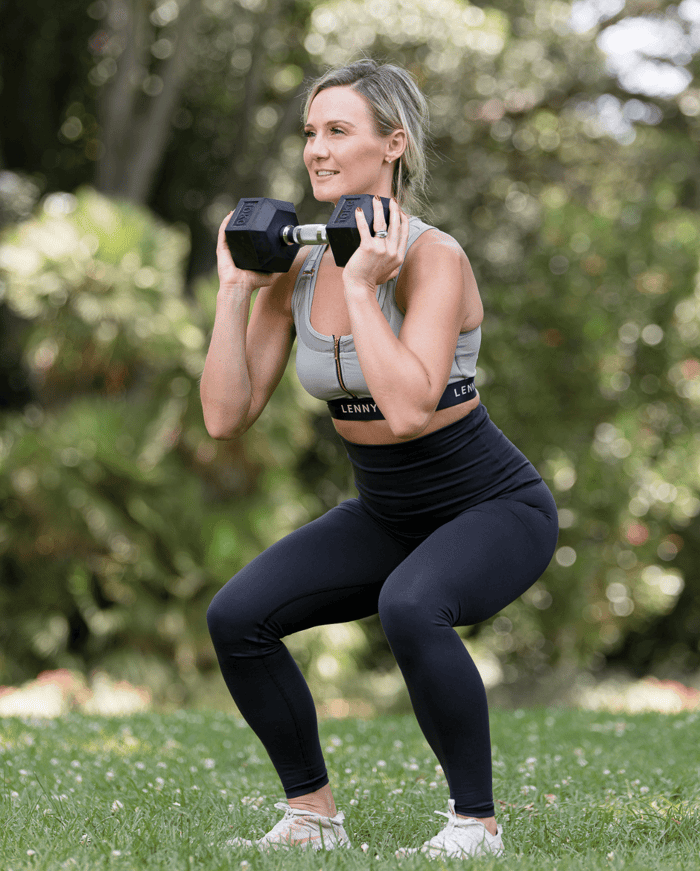What are Vulva Varicosities?
Vulvar varicosities are varicose veins that develop in the vulva, usually due to increased pressure in the pelvic veins. They are most commonly seen during pregnancy, but can also occur in non-pregnant women.
What Causes Vulva Varicosities in Pregnancy?
During pregnancy there are several factors which can contribute to the development of vulva varicose veins. Blood volume increases by 30–50% during pregnancy, adding strain to the veins, as well as high levels of the hormone progesterone, which dilate, or relax the blood vessel walls, meaning blood can pool in the area more easily. Pressure from the growing uterus also contributes, causing compression on the inferior vena cava and pelvic veins, reducing ease of blood flow return from the lower body.
varicose veins in the vulva and legs can also be caused by:
Standing or sitting for prolonged periods:
This reduces venous return and increases pressure in the lower body veins; movement, especially walking can assist blood flow return by tapping into the natural pump provided by the calf muscles when they contract. When we are static, the “pump” is idle.Obesity - similarly to pregnancy, obesity adds pressure to pelvic and leg veins, contributing to venous insufficiency.
Genetic factors - If someone in your family has varicose veins, you may be at increased risk.
Multiple pregnancies - Each pregnancy can compound the effect on the venous system, especially if prior varicosities were present.
What can I do to get rid of vulva varicose veins in pregnancy?
Women’s Physiotherapist Rosie Dumbrell, outlines the top Evidence-based ways to manage and treat vulvar varicosities below. Importantly, during pregnancy we are limited to symptom management, but there are several ways you can reduce the discomfort and swelling associated with varicose veins including the following:
Medical Grade Compression Therapy:
Support garments: Special vulvar support belts or pelvic compression shorts (Everform Pregnancy Shorts 5”) help reduce swelling and discomfort by improving venous return.
Avoid regular leg compression stockings alone—they don’t target the vulvar region. Everform Therapywear’s Pregnancy and Postpartum products contain a specific support sling which applies pressure to the vulva and perineum, and can significantly reduce symptoms of swelling and discomfort. It is important to invest in medical grade compression, to ensure that the graduated compression assists venous return, which ordinary compression won’t be able to achieve.
Cold Compresses
Applying cold packs can relieve swelling and discomfort. Perineal Ice Packs or small icepacks you can put into a pad or your underwear are helpful ( we love Body Ice Woman ice packs!).
Positional Changes
Elevating your hips when lying down: A wedge pillow or lying on your left side can relieve pressure on the pelvic veins. Avoid prolonged standing or sitting; take breaks to move or lie down.
Exercise
Gentle movement improves circulation. Walking, swimming, or prenatal yoga can be helpful. Pelvic floor exercises may also support better venous return.
Things to avoid:
Constipation and straining: the same hormone causing relaxation of your blood vessel walls has an effect on your gut motility and can also lead to constipation. Straining, however will also contribute to more pelvic pressure, so if constipation is present, using stool softeners, drinking plenty of water and increasing fibre in the diet may help.
Avoid high-impact exercise or lifting heavy items - due to increased pressure placed on the area.
Will my Vulvar Varicosities go away after pregnancy?
The good news is, in most pregnancy cases, vulvar varicosities resolve spontaneously within 6–8 weeks postpartum. The same tips above can help manage any persistent symptoms in the postpartum period. If symptoms persist, please see your health professional.
What Can I Wear to Relieve Vulva Varicose Veins?
Everform Therapywear’s Pregnancy and Postpartum medical grade compression products contain a specific support sling which applies pressure to the vulva and perineum, and can significantly reduce symptoms of swelling and discomfort. It is important to invest in medical grade compression, to ensure that the graduated compression assists venous return, which ordinary compression won’t be able to achieve.
PREGNANCY SHORT II - 5"

$149.00
Engineered to lift, relieve and support you from bump to birth. The Pregnancy Support Short alleviates aches, pains and supports the pelvic floor for treatment of light bladder leaks, prolapse and heaviness. Tbh, it feels like stepping into a hug.… Read more
Pregnancy Support Shorts 8”




